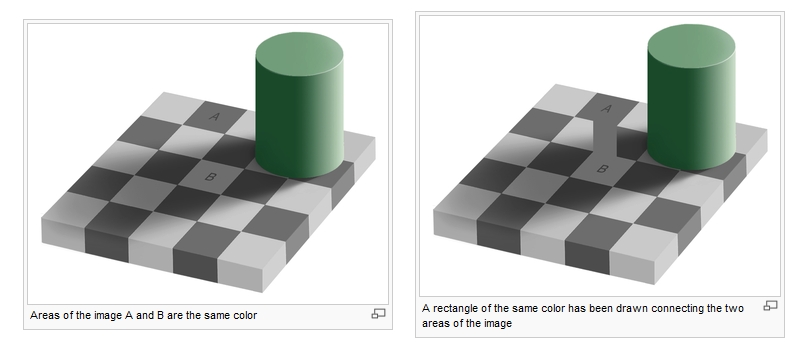http://www.publicaffairs.ubc.ca/201...king-can-decrease-religious-belief-ubc-study/
A new University of British Columbia study finds that analytic thinking can decrease religious belief, even in devout believers.
The study, which will appear in tomorrow’s issue of Science, finds that thinking analytically increases disbelief among believers and skeptics alike, shedding important new light on the psychology of religious belief.
“Our goal was to explore the fundamental question of why people believe in a God to different degrees,” says lead author Will Gervais, a PhD student in UBC’s Dept. of Psychology. “A combination of complex factors influence matters of personal spirituality, and these new findings suggest that the cognitive system related to analytic thoughts is one factor that can influence disbelief.”
Researchers used problem-solving tasks and subtle experimental priming – including showing participants Rodin’s sculpture The Thinker or asking participants to complete questionnaires in hard-to-read fonts – to successfully produce “analytic” thinking. The researchers, who assessed participants’ belief levels using a variety of self-reported measures, found that religious belief decreased when participants engaged in analytic tasks, compared to participants who engaged in tasks that did not involve analytic thinking.
The findings, Gervais says, are based on a longstanding human psychology model of two distinct, but related cognitive systems to process information: an “intuitive” system that relies on mental shortcuts to yield fast and efficient responses, and a more “analytic” system that yields more deliberate, reasoned responses.
“Our study builds on previous research that links religious beliefs to ‘intuitive’ thinking,” says study co-author and Associate Prof. Ara Norenzayan, UBC Dept. of Psychology. “Our findings suggest that activating the ‘analytic’ cognitive system in the brain can undermine the ‘intuitive’ support for religious belief, at least temporarily.”
The study involved more than 650 participants in the U.S. and Canada. Gervais says future studies will explore whether the increase in religious disbelief is temporary or long-lasting, and how the findings apply to non-Western cultures.
Recent figures suggest that the majority of the world’s population believes in a God, however atheists and agnostics number in the hundreds of millions, says Norenzayan, a co-director of UBC’s Centre for Human Evolution, Cognition and Culture. Religious convictions are shaped by psychological and cultural factors and fluctuate across time and situations, he says.
A new University of British Columbia study finds that analytic thinking can decrease religious belief, even in devout believers.
The study, which will appear in tomorrow’s issue of Science, finds that thinking analytically increases disbelief among believers and skeptics alike, shedding important new light on the psychology of religious belief.
“Our goal was to explore the fundamental question of why people believe in a God to different degrees,” says lead author Will Gervais, a PhD student in UBC’s Dept. of Psychology. “A combination of complex factors influence matters of personal spirituality, and these new findings suggest that the cognitive system related to analytic thoughts is one factor that can influence disbelief.”
Researchers used problem-solving tasks and subtle experimental priming – including showing participants Rodin’s sculpture The Thinker or asking participants to complete questionnaires in hard-to-read fonts – to successfully produce “analytic” thinking. The researchers, who assessed participants’ belief levels using a variety of self-reported measures, found that religious belief decreased when participants engaged in analytic tasks, compared to participants who engaged in tasks that did not involve analytic thinking.
The findings, Gervais says, are based on a longstanding human psychology model of two distinct, but related cognitive systems to process information: an “intuitive” system that relies on mental shortcuts to yield fast and efficient responses, and a more “analytic” system that yields more deliberate, reasoned responses.
“Our study builds on previous research that links religious beliefs to ‘intuitive’ thinking,” says study co-author and Associate Prof. Ara Norenzayan, UBC Dept. of Psychology. “Our findings suggest that activating the ‘analytic’ cognitive system in the brain can undermine the ‘intuitive’ support for religious belief, at least temporarily.”
The study involved more than 650 participants in the U.S. and Canada. Gervais says future studies will explore whether the increase in religious disbelief is temporary or long-lasting, and how the findings apply to non-Western cultures.
Recent figures suggest that the majority of the world’s population believes in a God, however atheists and agnostics number in the hundreds of millions, says Norenzayan, a co-director of UBC’s Centre for Human Evolution, Cognition and Culture. Religious convictions are shaped by psychological and cultural factors and fluctuate across time and situations, he says.



